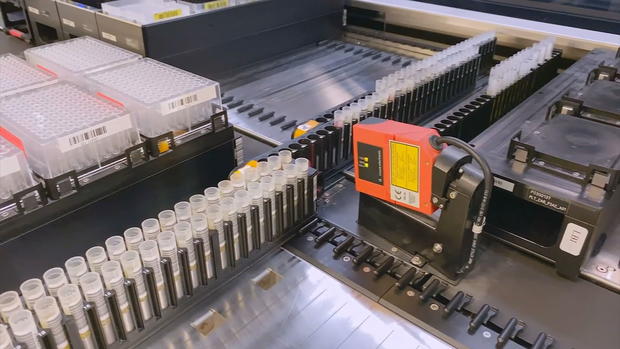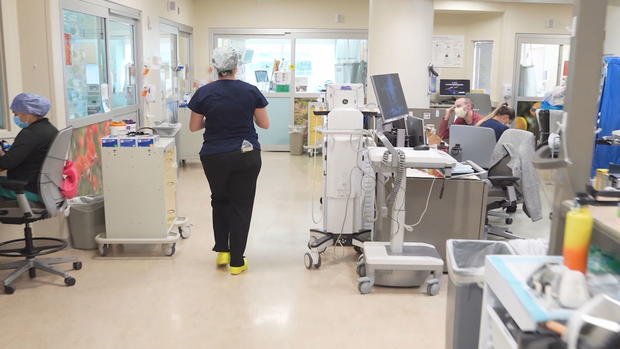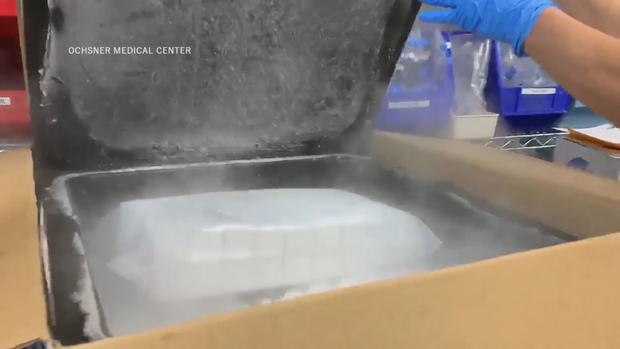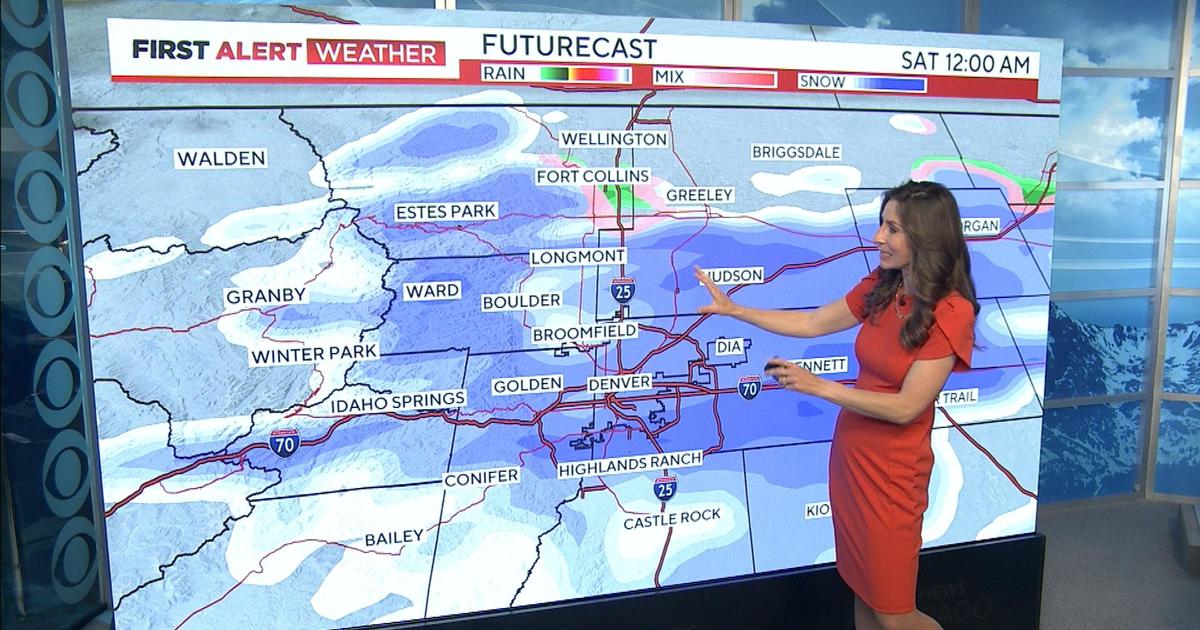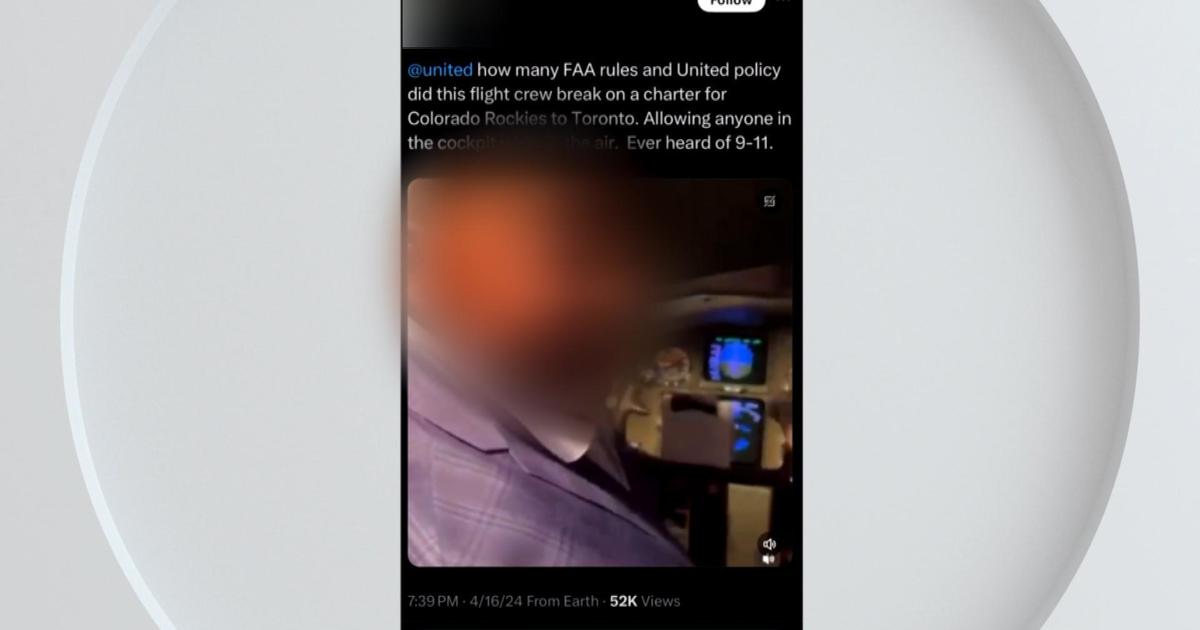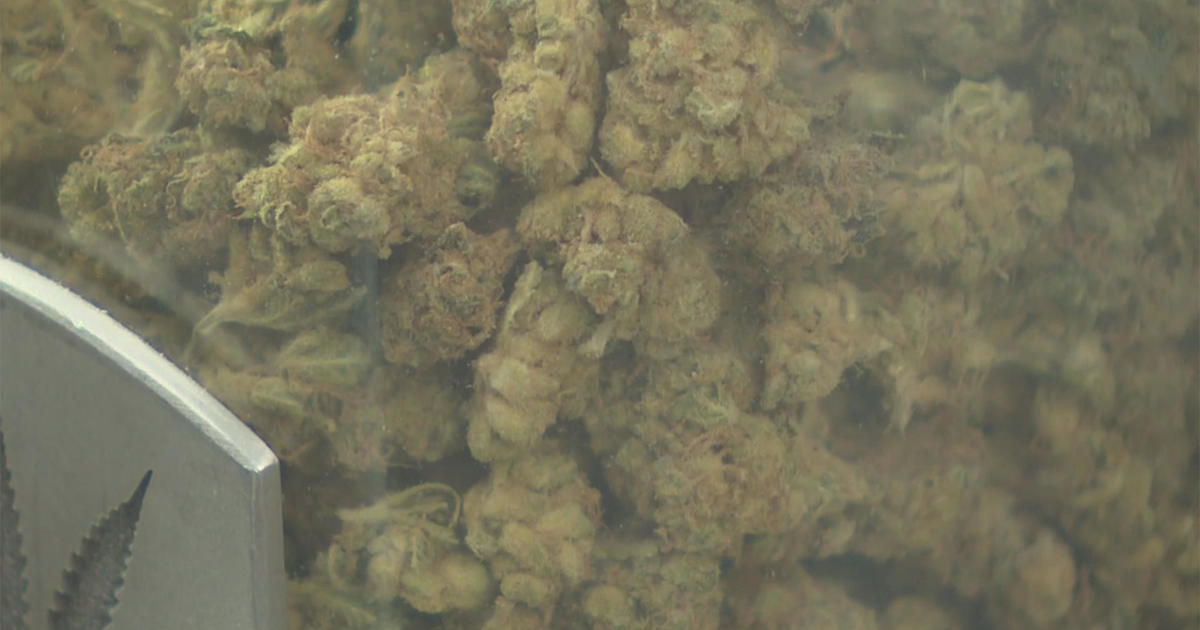COVID In Colorado: First Wave Of Vaccine Distribution Expected December Through April
DENVER (CBS4) - The state of Colorado is due to receive about 670,000 doses of two COVID-19 vaccines that will be ready to go within weeks. Figuring out how to distribute them is a harder task.
Vaccines by Pfizer, and now Moderna, have shown more 90% effectiveness and each pharmaceutical company will create about 20 million doses for distribution between December and April.
"We believe our vaccine is going to be able to distribute in existing infrastructure. We hope that means the vaccine is going to be made available in a bunch of places like local doctor's offices, that that is going to be where people need it most," Dr. Stephen Hoge, President of Moderna said Monday.
Colorado will get its initial doses by its percentage of the U.S. population said Karen Miller, the Tri-County Health Department's immunization nurse manager who is also part of the team trying to figure out how to distribute them.
"Our focus is definitely on the first phase," she said.
That's because Colorado's population of 1.69% of the U.S. is equal to the percentage of the 40 million vaccines which computes to about 670,000. Both vaccines need to be given twice. That cuts the number of people who would get the vaccine in the first wave to about 335,000.
The state has broken down distribution into three phases and within those phases, further categories.
First up would be inpatient healthcare workers including those at assisted living facilities. The outpatient healthcare workers, including home health and pharmacists. It would be followed by first responders, public health personnel and correctional workers. Then, the people at highest risk in assisted living, long term care and assisted living.
That adds up to a little more than 300,000 Coloradans, effectively using up nearly all of the first vaccines. Just setting up for it takes forethought.
"So we are working with our hospital systems to make sure that they are preregistered as COVID providers," said Miller.
They'd have to be able to handle the vaccines, which will come in frozen, the Pfizer vaccine more so than the Moderna vaccine. The Pfizer vaccine could be held in refrigeration for five days before administration, but that is the limit. The Moderna vaccine is said to have a significantly longer period of durability in refrigeration.
"Vaccine storage and handling is going to be a challenge to overcome," said Miller.
Hospitals currently administer their own vaccinations. EMS workers are capable of potentially handling vaccinations with some of their first responder colleagues. Nursing homes currently have methods for administering flu vaccines and can use those methods as a pattern.
It gets harder when Colorado gets beyond the first wave. The second wave will include the homeless, college students in dorms and essential workers. Then higher risk individuals.
Each has their own challenges, and that's before the general public in the third wave. Figuring out how to distribute it there, may have to wait.
"If I were to estimate when the general population would receive a vaccine, I would say closer mid-to-late next year of 2021," said Miller.
